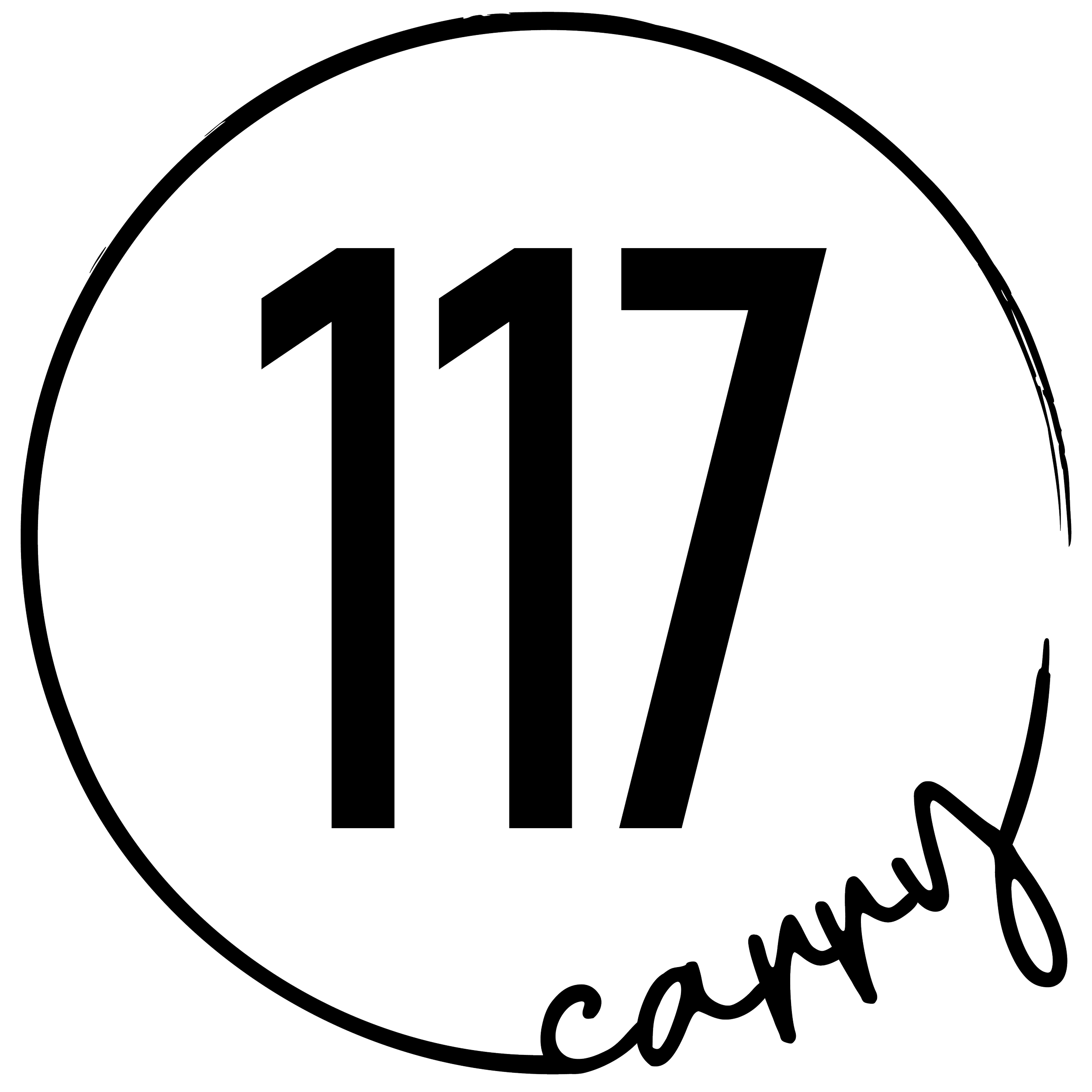What A Beautiful Mess
During a work function this past week, one of my coworkers asked me about my mission trip to Ethiopia and how it went. “What did you do over there?” she asked. I love when others ask me these types of open ended questions. This question allowed me to share about Carry 117 and also about the village of Korah, the village that surrounds the city trash dump.
A few months ago was the one-year anniversary of the tragic trash landslide that killed hundreds of people in Korah. I know I can’t do it justice, explaining this mountain of trash that is home to over 200,000 women and children, but I try. Because just one more person knowing about this matters.
I was even more surprised that one of my other coworkers said, “Oh, I heard about that last year! So sad!”
But what happens after this conversation?
I find myself wondering if sharing about this tragedy with others is helpful.
How can sharing this experience be helpful if people have a hard time relating to what I’m talking about?
And as I sit in the conference room with my coworkers sharing breakfast together and drinking a bottle of water, I have this thought…
I just finished an ice cold 16oz bottle of Aquafina water.
As I hold this empty bottle, I realize this plastic bottle holds more significance than it used to.
For most of my life it was just a bottle, that I casually picked up, emptied, and threw away (and on a good day recycled).
But as I’ve spent more time in Korah, Ethiopia, it represents something more.
It’s a symbol of tragedy, yet it’s also a symbol of hope and opportunity.
It’s a symbol of tragedy because in March 2017, there was a horrific landslide in this mountain of trash, which killed hundreds, and devastated thousands. You can read more about it HERE. The dump is filled with thousands of plastic water bottles. These containers that are meant to provide water were one of the many pieces of rubble that buried a section of the village.
Several years ago when I had my first encounter with this trash dump, I remember driving by and not being able to distinguish between a person and trash because of the enormity of the area. It was hard to differentiate between everything I was seeing because it all blended together. It appeared to be mountains upon mountains of trash as far as the eye can see.
It was difficult to hear about this tragedy from 8,000 miles away, unable to do much to help at all. It was even harder to fathom how a mountain of decomposing trash could swallow so many people, cause so many to lose their home, and scatter people who had always known Korah as home.
I found myself wrestling with this thought:
“I don’t really know how to relate to this experience.”
It’s difficult for me.
Maybe it is for you too….
I have never lived through a natural disaster, experienced my house being swallowed by a mountain of trash collapsing, or been told I was no longer allowed to go home.
It’s hard to fathom, but that is reality for a lot of people in this world.
When hard things happen that you have trouble relating to, here are three things I have found really helpful to do:
Think of a personal experience where you felt tragedy, or saw something that broke your heart. By remembering those feelings, that will help you relate to this situation, to those people in the trash dump.
For me, I think of my grandfather. I stood next to his bedside a few hours before his death. I still remember how he sounded as he screamed out in pain. Whenever I think about it to this day, I get chills. I am using this experience to picture what it is like when I read stories of people wailing out in pain as they mourn the loss of their loved ones buried by the landslide.
Make time to process. Once you think of a situation where you experienced tragedy or a broken heart, take time to process it. Stop what you are doing…. put down your cell phone, turn off the TV, stop filling your schedule to the max….and allow yourself to be in that moment. Being in the present allows us to actually think and feel and It doesn’t feel good and definitely isn’t something we naturally want to do. However, allowing ourselves to feel pain is what moves us to action.
I believe we all need to allow ourselves to feel the pain of some of our own experiences and things we have gone through to help us relate to what our friends and family in Ethiopia have experienced. Because, once we allow ourselves to feel, we will be able to act and respond to what God wants us to do, or be prepared for how he wants to use this to help other people.
Do something. Read another article. Share a post. Make a post. Tell someone about it. Reach out and ask questions. Donate money. Pray. Visit Ethiopia. Serve in your community or church. Direct the adrenaline you experience in the pain towards the cause.
By doing these three things, I believe this is where understanding happens. Because when we understand more about someone else’s tragedy or about someone else’s experience, that is when we’ll be moved to create change.



